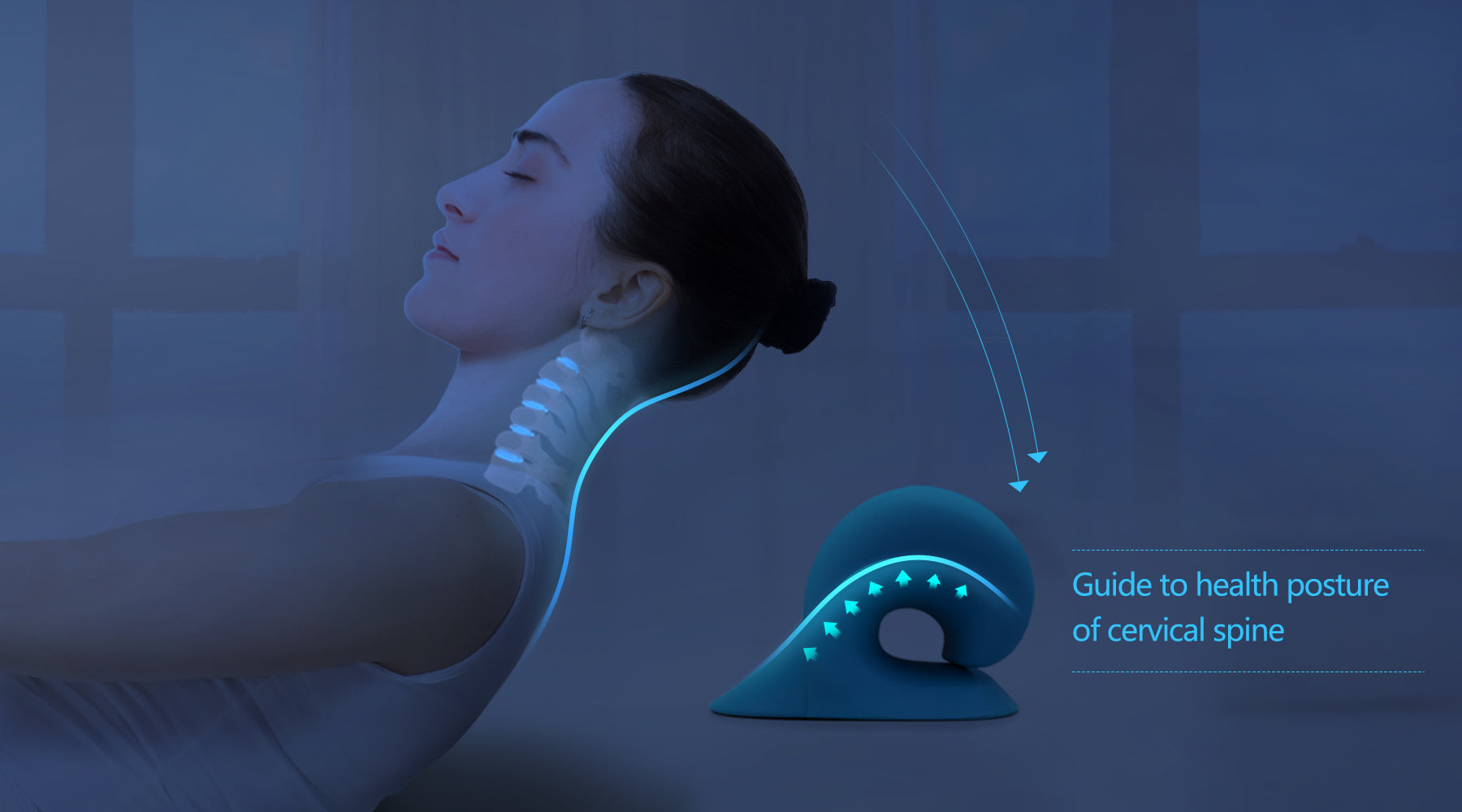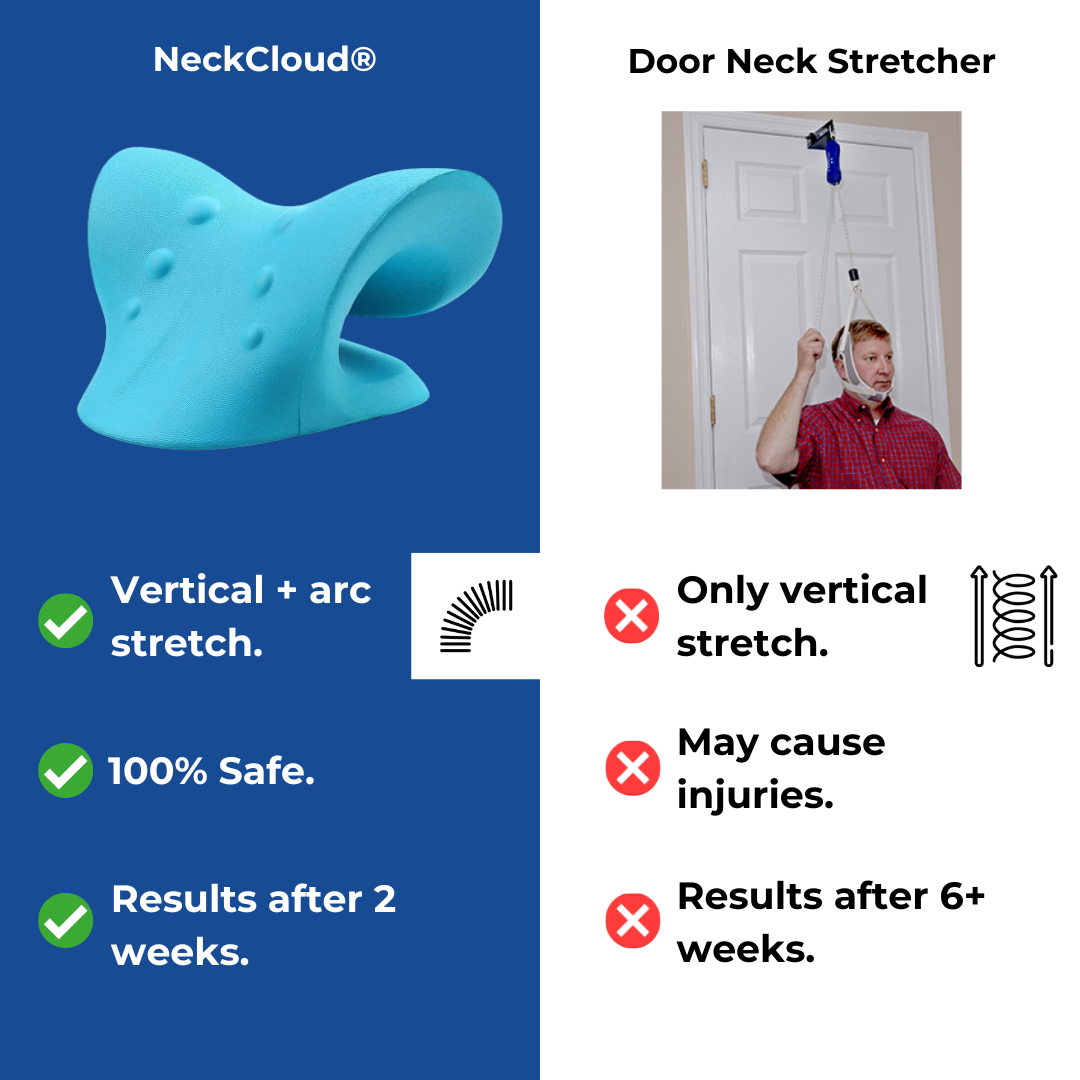The Effect of Stress on Neck Discomfort: Strategies for Minimizing Tension and Discomfort
In today's busy globe, it's no secret that stress has ended up being a common aspect in the onset and exacerbation of neck pain. Join us on a trip to untangle the influence of tension on neck pain and find reliable means to relieve pain and boost total high quality of life.
Recognizing Stress-Related Neck Discomfort
Stress-related neck discomfort can manifest as stress, tightness, or discomfort in the neck and shoulder location. The link between stress and neck discomfort exists in the body's physiological feedback to anxiety, which can result in muscle mass tension and rigidity in the neck muscles.

Identifying Common Tension Locations
Regularly experienced by individuals under stress, stress areas in the body can supply valuable insights right into the physical symptoms of emotional strain. One typical stress area is the neck, where stress and anxiety frequently shows up literally. Tension migraines, tight neck muscles, and limited series of motion prevail signs and symptoms of stress-related neck tension. The shoulders are one more usual location where tension builds up. Stress and anxiety can cause the muscles in the shoulders to tighten up, resulting in pain and pain. Furthermore, the upper back is prone to tension accumulation, particularly in individuals that experience persistent stress and anxiety. Poor position and extended sitting can worsen tension in this field. The jaw is additionally an usual location for stress-related tension, as lots of people clinch their jaw or grind their teeth when emphasized. Knowing these usual stress areas can help individuals recognize the physical indications of anxiety and take actions to address them before they intensify into chronic pain or discomfort.
Applying Leisure Techniques
Relaxation methods are beneficial tools for minimizing neck discomfort triggered by stress. Furthermore, activities like yoga exercise and tai chi incorporate both physical movement and leisure, making them reliable practices for decreasing anxiety and neck discomfort. By incorporating these relaxation methods right into your day-to-day regimen, you can assist handle anxiety degrees, minimize tension in the neck, and minimize discomfort connected with stress-induced neck pain.
Incorporating Self-Care Practices
Incorporating self-care methods is vital for maintaining overall wellness and handling stress-related neck discomfort properly. Participating in normal physical task, such as mild extending workouts or yoga exercise, can aid reduce stress in the neck and shoulders. Practicing great pose throughout the day and taking regular breaks from long term resting or display time can additionally protect against pressure on the neck muscles.
Furthermore, prioritizing appropriate rest and establishing a constant sleep routine can contribute considerably to decreasing tension levels and promoting leisure. Developing a relaxing going to bed routine, such as reading a publication or taking a cozy bathroom, can assist prepare the body see post and mind for relaxed rest. Furthermore, preserving a balanced diet abundant in nutrients and remaining moisturized can support overall health and lower swelling that may intensify neck discomfort.
Including mindfulness techniques, such as deep breathing exercises or meditation, can help take care of anxiety and promote relaxation. Taking time for oneself, taking part in pastimes, and setting boundaries to shield individual time are likewise essential facets of self-care that can add to lowering anxiety and easing neck discomfort.
Seeking Professional Aid
Just how can people efficiently address relentless neck pain that is impacting their day-to-day life and wellness? Looking for expert help can be a critical action in handling and minimizing neck discomfort. Consulting with health care specialists such as chiropractic specialists, physical therapists, or orthopedic professionals can provide beneficial insights and individualized treatment plans. These specialists can conduct complete assessments to detect the underlying sources of neck pain and advise appropriate interventions.
Chiropractors focus on spine control strategies to boost placement and reduce tension in the neck area. Physical therapists use targeted stretches and exercises to strengthen muscle mass, enhance adaptability, and enhance overall neck feature. Orthopedic professionals can provide advanced medical treatments such as shots or medical alternatives for extreme cases of neck pain.
Final Thought

Stress-related neck discomfort can manifest as tension, tightness, or have a peek at these guys pain in the neck and shoulder location. The link between tension and neck pain lies in the body's physical action to stress, which can result in muscle tension and rigidity in the neck muscular tissues. Stress headaches, stiff neck muscle mass, and restricted range of motion are common symptoms of stress-related neck tension. By Learn More Here integrating these leisure strategies right into your daily routine, you can assist take care of stress levels, decrease tension in the neck, and reduce discomfort associated with stress-induced neck pain.
